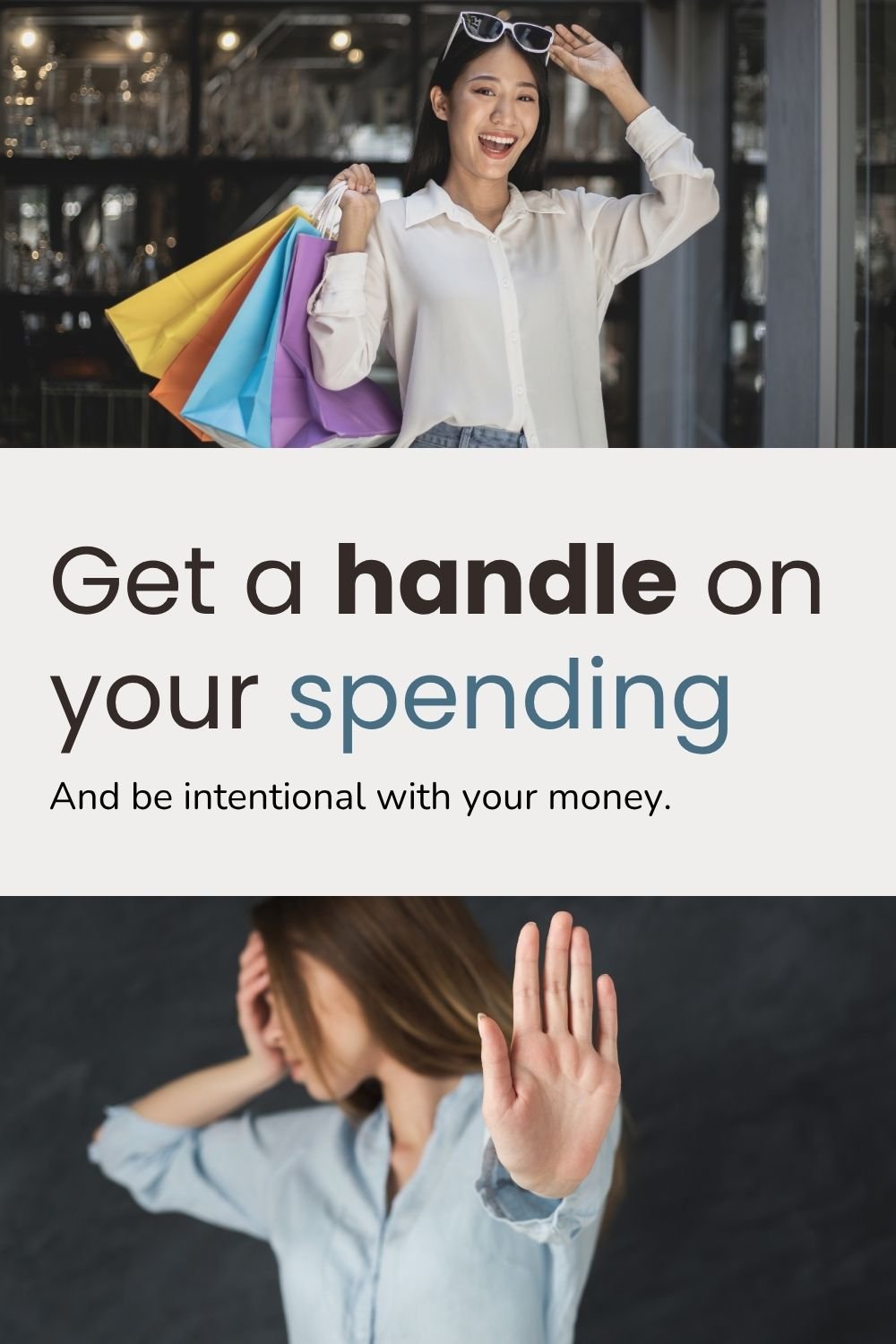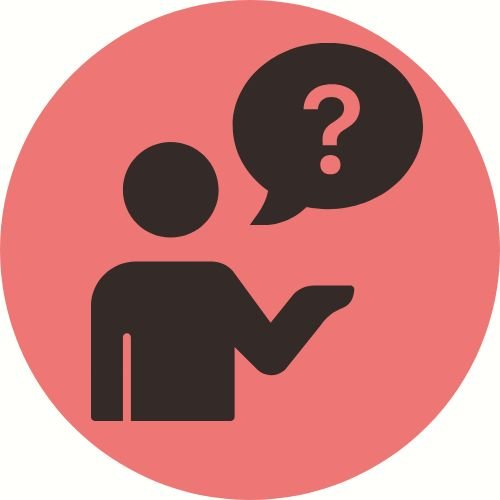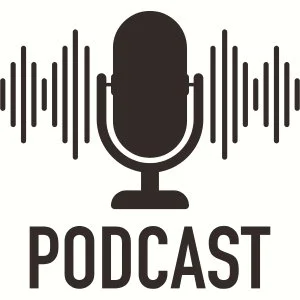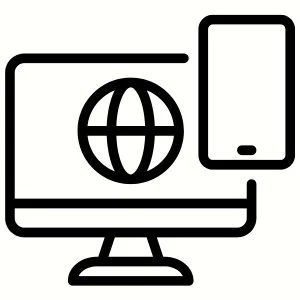Get a handle on your spending
This guide isn’t theory. It’s shaped by years of coaching sessions, real conversations, and the practical shifts that people tested until they found what actually works.
Ever feel like your money just…vanishes? Start tracking where your money goes and why it keeps disappearing.
You check your bank account, blink twice, and somehow you're down $300? You’re not alone. Getting a handle on your spending isn’t about never buying coffee again; it’s about understanding what your money is actually doing so you can make smarter, more intentional choices.
In this guide, we’ll help you:
Uncover where your money is really going
Escape common traps that keep you broke
Make small changes for big impact
Build a flexible spending plan that fits your real life
Let’s walk through it, step by step.
Step 1: Reflect on your current spending habits
Overspending often feels quiet and easy to miss. It’s the subscriptions you forgot to cancel, the extra coffee runs that feel harmless, the “I deserve this” moments that stack up over time. Then, suddenly, you’re wondering where your paycheck went. Again.
This isn’t a math problem. It’s a clarity problem.
Most of us don’t truly know where our money goes or why we spend the way we do. That lack of visibility makes it easy to feel stuck, stressed, and out of control.
Reflection activity
Take a few minutes to check in with yourself. Grab a notebook or your phone and answer these questions honestly:
When was the last time I checked every line of my bank or credit card statement?
What do I usually feel when I make an unplanned purchase: excitement, guilt, relief?
If my spending habits stayed exactly the same for the next year, what would that mean for my bigger goals?
What would change for me, emotionally and financially, if I felt in control of where my money went?
This isn’t about beating yourself up. It’s about understanding your patterns so you can start changing them.
Common challenges that keep you stuck
Impulse spending: Ever grabbed something just because it was on sale or you “deserved a treat”? You’re not alone. Our brains are wired for instant rewards, which means we naturally favor quick dopamine hits over long-term stability.
Invisible spending: Small, automatic payments, like streaming services or app subscriptions, often go unnoticed. Research shows most people underestimate these costs by 60%, which quietly erodes budgets.
Avoidance: Sometimes we avoid looking at our finances altogether because it feels overwhelming. But avoiding the numbers doesn’t make the stress go away. It usually makes it worse.
Benefits of taking control of your spending
Imagine checking your bank balance without a knot in your stomach.
Imagine knowing you can cover next month’s bills and put a little away for that trip, class, or freedom fund you’ve been dreaming of.
When you start paying attention to your spending:
Money arguments at home decrease
Stress about unexpected expenses drops
You stop reacting and start making choices that support the life you actually want
Articles to help you take account of your financial situation
Step 2: Take action and get intentional with spending
Once you’ve reflected on your patterns, the next step isn’t building a rigid budget. It’s taking small, intentional actions that create awareness and momentum. Start here:
1. Name your top three spending leaks
For the next three days, write down every single dollar you spend. (Yes, every coffee, every impulse snack, every “small” online order.) Don’t try to change anything yet; just observe.
At the end of three days:
Highlight every purchase that wasn’t essential to your day-to-day needs.
Group similar purchases together (e.g., takeout, online shopping, subscriptions).
Circle the three biggest leaks; the areas that quietly drain your money most often.
Why this works:
Most people guess where their money goes, but guess wrong. This exercise shines a light on hidden patterns you can’t see otherwise. You’ll likely be surprised by how much is slipping away on things you don’t even enjoy that much.
2. Try a 24-hour spending pause
Before making any non-essential purchase this week, pause for 24 hours.
Here’s how:
See something you want to buy?
Add it to a “pause list” on your phone instead of adding it to your cart.
Wait 24 hours before deciding whether to actually buy it.
After 24 hours, ask yourself:
Do I still want this?
Will this purchase move me closer to the life I want to build?
Would I rather use this money for something else I value more?
Why this works:
Impulse purchases usually come from emotional spikes like boredom, stress, or excitement. Giving your brain a day to settle often reveals that the “must-have” item wasn’t that important. Many people find they skip 20–30% of these purchases just by adding a pause.
3. Practice values-based spending
Every dollar you spend has a job. It’s either supporting your future or working against it. Before buying anything this week, try asking yourself:
Does this expense reflect what I actually care about?
Am I choosing this because it aligns with my goals or because I’m avoiding discomfort, guilt, or fear of missing out?
If I look back at this purchase a month from now, will I be glad I made it?
To make this easier:
Pick one value you want your spending to support (e.g., freedom, security, creativity).
Post that word on your wallet, credit card, or budgeting app.
Use it as a filter before swiping your card.
Why this works:
When you connect spending to your values, it feels less like restricting yourself and more like designing the life you actually want. You stop mindlessly leaking money on things that don’t matter and free it up for what does.
Take a baby step
with what you actually want your money to do for you.
Cutting expenses doesn’t have to mean “cutting out joy.” It’s more like asking, “Is this worth it for me right now?” Maybe that streaming service is a lifeline. Great. Keep it. But maybe the gym membership you never use is silently draining your account.
Intentional spending isn’t about feeling guilty or shaming yourself; it’s about gaining clarity.
Try this:
Choose one spending category (like groceries, entertainment, or subscriptions). Track it for a week. What’s one tweak you could try?
Articles to help you take charge of your spending
Resources worth exploring
Books worth exploring
1. *You Need a Budget by Jesse Mecham
Simple, clear, and mindset-shifting. Great for readers who want a values-based approach to budgeting that feels empowering, not restrictive.
2. *The No-Spend Challenge Guide by Jen Smith
A short, punchy read that’s perfect for those ready to experiment with spending less without going full frugal-minimalist.
3. *The Barefoot Investor by Scott Pape
Australian-based but very readable. Offers down-to-earth steps for managing finances, including spending categories and a simple “buckets” method.
4. I Will Teach You To Be Rich by Ramit Sethi
Written for a younger audience but still useful across life stages. Blunt, funny, and focused on conscious spending, automation, and guilt-free indulgence on your own terms.
5. *The Art of Money by Bari Tessler
For folks who know that money is emotional. This book blends psychology with practical budgeting advice and encourages journaling and reflection.
*This is an affiliate link, which means if you use my link and buy the thing, I get a small commission with no extra cost to you. I would never recommend something I don’t 100% believe will help you.
Podcasts worth exploring
1. The Budgetnista – Brown Ambition
Co-hosted by financial educator Tiffany Aliche, this podcast mixes financial empowerment with real talk. Great for folks who want stories and straight-up strategies.
2. Frugal Friends Podcast
Practical and encouraging, with lots of actionable advice for lowering expenses and being intentional with spending.
3. Her First $100K – Financial Feminist
Hosted by Tori Dunlap, it combines personal finance with social justice—ideal for those who want to feel good about taking control of their money.
Websites and Apps worth exploring
1. YNAB (You Need A Budget)
Pairs well with Jesse Mecham’s book. This is a flexible budgeting app that emphasizes giving every dollar a job.
2. EveryDollar
Created by Ramsey Solutions: Very structured, easy to use, and helps with goal-based budgeting. (Less flexible, but helpful for beginners.)
3. Goodbudget
Envelope-style budgeting for folks who want more control and don’t need full automation. Available as an app and web tool.






